A Dundee psychologist believes raising the school starting age in Scotland is as important as banning the belt.
Dr Suzanne Zeedyk – psychologist and researcher at the University of Dundee – says we may one day regret putting four-year-old kids in primary one.
She told The Courier: “I see it similar to the decision in the 1980s when we stopped strapping children with the belt.
“At the time it was a controversial decision and there were a lot of complaints but it seems horrific now.
“Maybe in 20 years time we will look back and think it horrific that we sent four-year-olds to school.”
Her comments come as SNP agreed a new policy to raise the school starting age to six and introduce a ‘universal’ kindergarten stage.
Delegates also passed a motion calling for ministers to keep open the option of further raising the school starting age to seven, echoing the success of some Nordic education systems.
Suzanne said: “It’s a really wise decision. Many people may not realise the experiences children have in childhood have a life-long impact because they change their biology.
“In this culture we seem to think play is a bit frivolous but it’s extremely important. If you ask children to do formal learning too soon, that becomes stressful.
“Some children manage it but many don’t, and when formal learning at an early age is the norm, we might miss that is the reason why they are struggling.”
Suzanne says children’s stress system, or emotional regulatory system, is fragile until the age of around seven when they reach a different stage in their brain development.
And that by putting them into ‘stressful or uncomfortable situations’, such as formal schooling where they are asked to sit for periods of time and dress in formal clothing, it can warp their development and their stress system remains fragile, she said.
She added: “If you experience all those feelings as a young child, you become wired to carry that your whole life.”
By increasing the age of formal learning, Suzanne believes it would lead to a reduction in the attainment gap, a reduction in criminal activity and less stressed-out adults.
A kindergarten stage should allow children who are interested in literacy and numeracy to pursue that, while supporting those who are not yet ready for formal learning, she said.
“Now is the perfect time to be doing this because children have just survived Covid,” Suzanne said.
“We have reports of an increase in 2-4-year-olds with delayed speech and language skills and that could have an impact on them for the rest of their development.
“If we don’t take action now, I would see that as we do not understand children’s developmental needs.”
Will Scotland raise the school starting age?
The Scottish Government is yet to announce whether it will make the transition, however a spokesman has said the SNP’s policy “will form part of our ongoing national discussion on education”.
A resolution, led by SNP’s policy development convener Toni Giugliano, called on the government to raise the school starting age and introduce a universal play-based kindergarten stage.
It will require a cultural change.”
Sue Palmer, chair of Upstart Scotland.
Campaigners at Upstart Scotland have been asking for such changes for seven years.
Upstart’s chair Sue Palmer, a literacy specialist and former primary school head teacher, said: “We were thrilled with the quality and the warmth of the reception from the delegates, everyone was very enthusiastic.
“It was very positive the way everyone reacted, everyone was saying it was a no-brainier – but it will require a cultural change.”
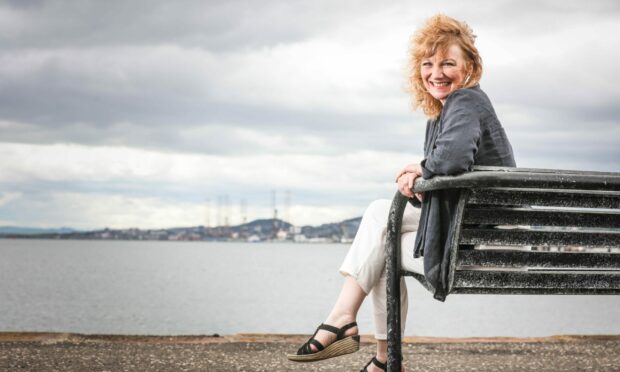
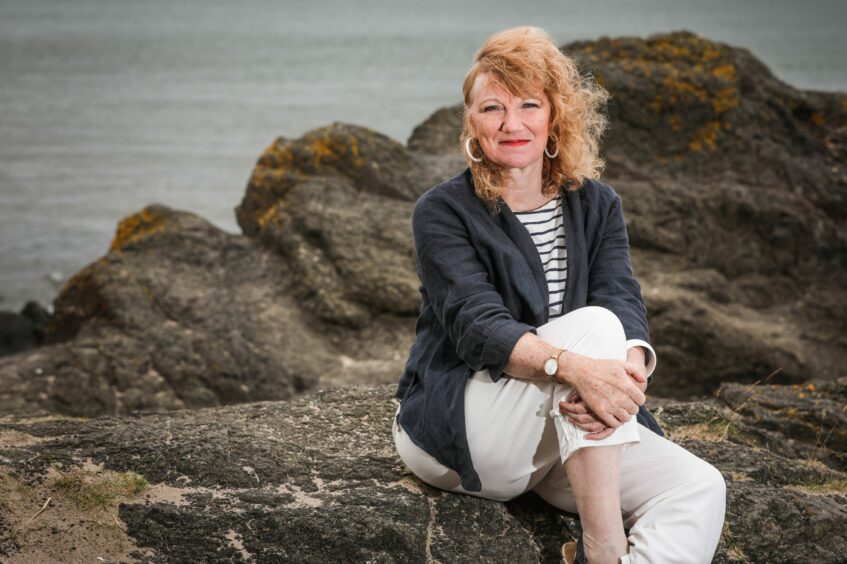

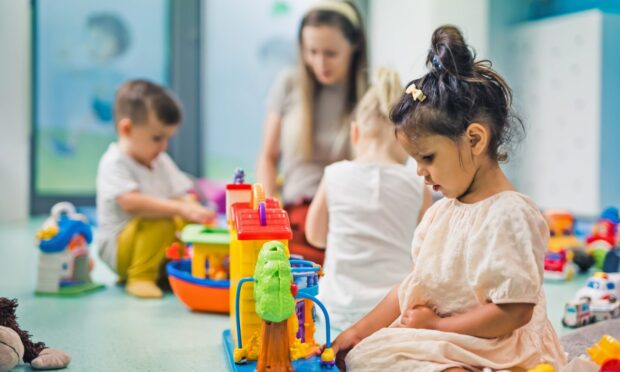
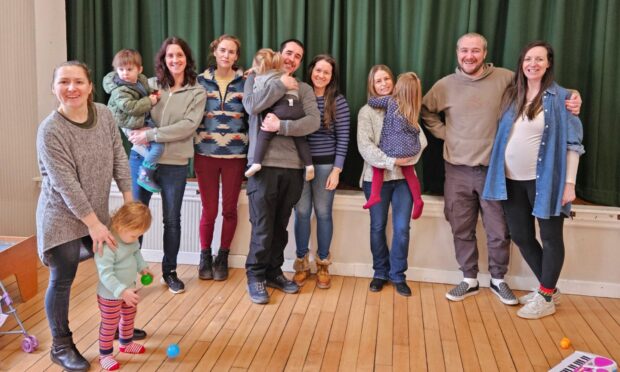
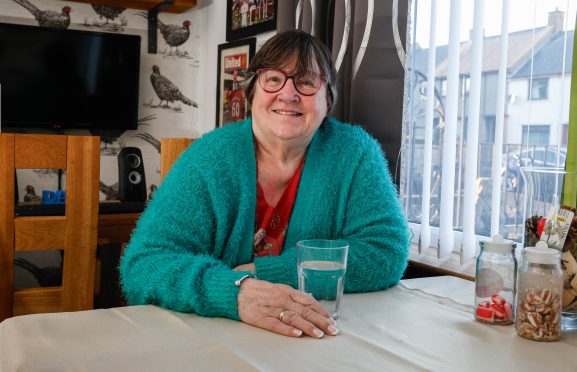
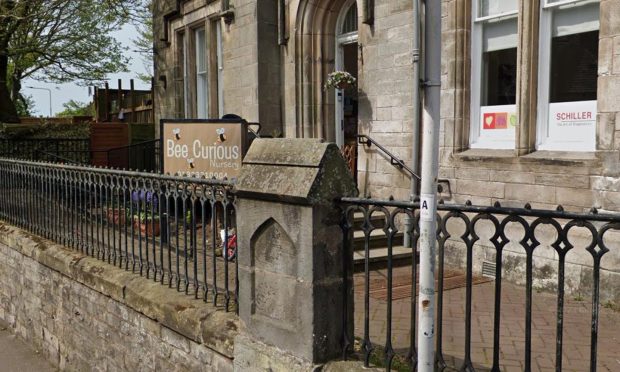
Conversation